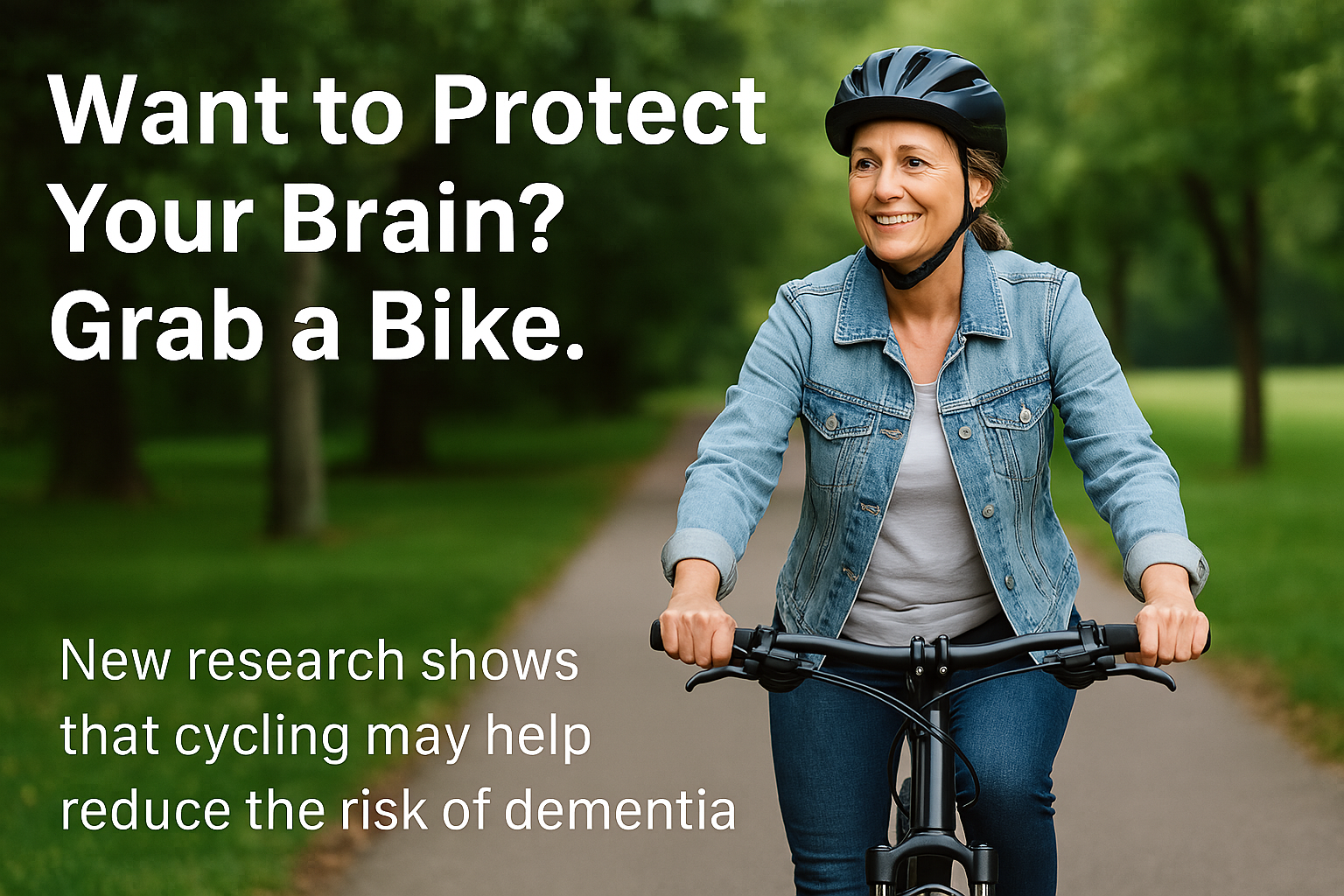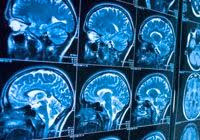🚦The Daily Commute That Doubles as Brain Insurance
A major new study published in JAMA Network Open followed nearly 480,000 adults in the UK for more than a decade to explore how everyday travel affects brain health. Researchers found that people who bike or walk to get around have a markedly lower risk of dementia—especially compared to those who rely on driving or public transit.
Here’s what the study found:
- People who cycled had a 19% lower risk of developing all-cause dementia compared to those who drove or used public transit.
- Their risk of Alzheimer’s dropped by 24%.
- Even more strikingly, cycling was linked with a 40% lower risk of young-onset dementia (before age 65).
🧠 Bigger Brains, Healthier Futures
This isn’t just about avoiding diagnoses. Brain scans showed that cyclists had larger gray matter volume, including in the hippocampus, a critical region for memory and learning. These structural brain changes suggest that cycling doesn’t just delay cognitive decline—it may actually strengthen the brain physically.
That’s huge news for prevention, especially since most current treatments for dementia are limited in effectiveness. Every bit of early brain protection counts.
🧬 Genes Aren’t Destiny—But Cycling Helps Anyway
The study also explored how active commuting interacts with genetic risk factors. Even among participants carrying the high-risk APOE ε4 gene variant, cycling still appeared protective—though the benefit was stronger in those without the gene. The takeaway? While genetics matter, your lifestyle still plays a major role in brain health.
That’s encouraging, because it means everyday choices—like hopping on your bike instead of into your car—can influence your cognitive future regardless of your DNA.
🚲 Why Cycling Helps: It’s Science in Motion
Cycling is a form of aerobic exercise, which increases blood flow to the brain, reduces inflammation, and promotes neurogenesis (the birth of new neurons). It’s also easy to weave into daily routines—making it a sustainable, brain-boosting habit for life.
Of course, like any observational study, this research can’t prove cause and effect. But with its enormous sample size, brain imaging, and long follow-up, it’s a compelling argument that movement really is medicine.
🧭 Bottom Line: Pedal Toward Prevention
In a world where Alzheimer’s is on the rise, prevention is more important than ever. This study delivers a clear, hopeful message: your daily bike ride isn’t just a workout—it’s an investment in your future self.
So next time you gear up for a ride, remember—you’re not just going somewhere. You’re doing something powerful for your brain.











